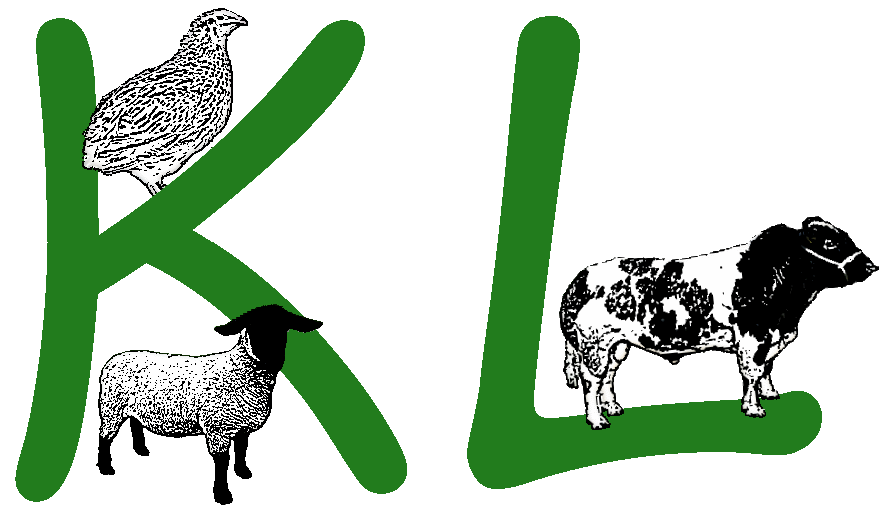Walkers
For those who do not already do so please can we remind walkers to keep their dogs under control or on a lead and to stick to the public right of way. The grass margins around our arable fields are now part of our new higher level environmental scheme (H.L.S). We aim to increase and encourage biodiversity using these margins to promote native plants, invertebrates and ground nesting birds such as the Yellow Hammer and the Grey Partridge. Therefore these are not rights of way and shouldn’t be used as so.
Cattle
All but 5 cows have calved and most calves have been dehorned and turned out with their mums on the grassland behind the village. Our stock bull, Kersey Chieftain, has been turned out with the cows. The idea is for the cows to get back in calf to calve again in Feb/March next year. Chieftain is a home bred British Blue Bull, fully grown at three years old. He is father of all the white and blue coloured calves (about 30 of them) at grass. He is too big to fit in the weigh crush but we think he weighs about 1200Kg.
Sheep
Lambing has been completed and all the ewes and lambs have been turned out to grass. We have had a problem with scald, which is an infection between the cloves of the lambs feet which causes the lambs to become very lame and it is highly contagious. We have treated it by foot bathing in a walkthrough footbath. Another common problem at this time of year is coccidiosis which causes scouring, ill thrift and poor growth in lambs, we treat with a drench which is administered into their mouths. The next thing to look out for and treat against will be fly strike which will be more common this year because of the early warm weather. The flies lay eggs on the dirty and muddy parts of the sheep, the eggs hatch into maggots which will literally eat the sheep alive if left untreated. Fortunately we can treat against this with a pour on application which will protect the sheep for around 8 weeks.
Arable
There is not much to report about the arable other than the fact that it is very dry. The winter wheat has had its second application of nitrogen. The sugar beet have all started growing and is above the surface. It has received a light application of nitrogen. All the cereals have had herbicides and fungicides applied to kill weeds and prevent fungal diseases.
